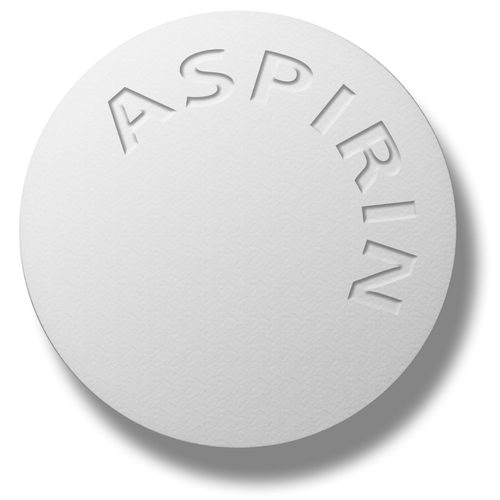 Pennsylvania State University researchers have found that it’s not just the stress, but how you react to it, that could have an impact on your health down the road. Oh ho!That means I’m in big trouble 😉
Pennsylvania State University researchers have found that it’s not just the stress, but how you react to it, that could have an impact on your health down the road. Oh ho!That means I’m in big trouble 😉
The research demonstrated that how you react to what happens in your life today predicts your chronic health conditions 10 years in the future, independent of your current health and your future stress.
For example, if you have a lot of work to do today and you are really grumpy because of it, then you are more likely to suffer negative health consequences 10 years from now than someone who also has a lot of work to do today, but doesn’t let it bother her.
There’s a lesson to be learned here for us all.
Teflon vs. Velcro
As reported in the journal Annals of Behavioral Medicine, the team found that people who become upset by daily stressors and continue to dwell on them after they have passed were more likely to suffer from chronic health problems—especially pain, such as that related to arthritis, and cardiovascular issues—10 years later.
“I like to think of people as being one of two types,” David Almeida, professor of human development and family studies at Penn State says. “With Velcro people, when a stressor happens it sticks to them; they get really upset and, by the end of the day, they are still grumpy and fuming. With Teflon people, when stressors happen to them they slide right off.
“It’s the Velcro people who end up suffering health consequences down the road.”
Thats where I come unstuck you see I realize I am a velcro kinda girl 🙁
ᔥFuturity
Read the original study:
Affective Reactivity to Daily Stressors and Long-Term Risk of Reporting a Chronic Physical Health Condition
Jennifer R. Piazza, Susan T. Charles, Martin J. Sliwinski, Jacqueline Mogle and David M. Almeida
Annals of Behavioral Medicine, Online First™, 19 October 2012

 Pennsylvania State University researchers have found that it’s not just the stress, but how you react to it, that could have an impact on your health down the road. Oh ho!That means I’m in big trouble 😉
Pennsylvania State University researchers have found that it’s not just the stress, but how you react to it, that could have an impact on your health down the road. Oh ho!That means I’m in big trouble 😉
